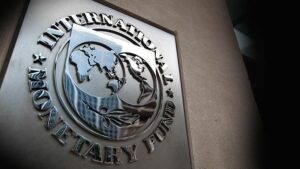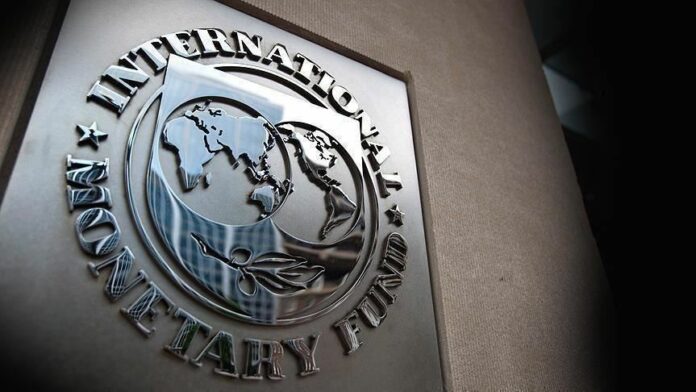May 6, 2021

In its statement issued on Wednesday, May 5, 2021, the Ministry of Investment and International Cooperation affirmed that International Monetary Fund officials assert that the objectivity and applicability that characterize the reform project submitted by the Tunisian government calls for its implementation within the framework of a specific calendar in order to help accelerate the economic activity of Tunisia and improve balances and develop social gains.
Reduction in Wage Mass: Not Possible
A number of meetings were held on 3 and 4 May between a delegation from the Tunisian Government and officials and experts from the International Monetary Fund (IMF), during which the Government sought to negotiate a $4 billion loan with the Fund in exchange for a new economic program, including a reduction in the wage mass.
The Government document showed that Tunisia wanted to reduce the wage block as the Government would develop a program to encourage the voluntary departure of employees for 25% of the salary or half of the salary for fewer working days.
In this regard, Tunisian University economics professor Ridha Shkandali said in a statement to JDD that the International Monetary Fund is calling for a reduction in the wage share of Gross domestic product (GDP) to 15% in 2022 compared to 17.4% in 2020, indicating that Youssef Chahed’s government had pledged in 2016 to reduce the share to 12%, but it did not fulfill its pledges, which made the fund repeat the call for this procedure.
He explained that to achieve this goal, a reduction in the wage mass or an increase in the GDP (113 billion dinars) must be made, but the government chose the first hypothesis, which is impossible to implement at the present time.
Our interlocutor explained that the deterioration of purchasing power in an unprecedented manner beginning in 2016 will lead to employees’ refusal to accept half wages because their wages at present are not sufficient for them due to debts and high prices, and their resort to the private sector will also be unimaginable because this sector is living its darkest periods and will not be able to absorb a new workforce, he says.
“No Avail”
Prime Minister Hicham El-Mechichi said in an interview with Reuters that Tunisia is seeking a $ 4 billion loan program with the International Monetary Fund over 3 years in exchange for a package of reforms proposed by the government to revive its ailing economy.
In this context, economics professor Ridha Shkandali said that the value of the loan that the fund may provide is very small compared to the amount of money that Tunisia needs, explaining that the needs to cover the deficit during this year are in the range of 16 billion dinars (more than a quarter of the loan value), indicating that the fund will provide the loan in installments, and it will not be a lump sum pending Tunisia’s implementation of the measures it promised to take.
Shkandali added that the state’s purchases of cars amounted to 2.3 billion dinars during the past year, while it had to rationalize its purchases and reduce the privileges of officials to encourage citizens to accept the procedures because they will not bear more pressure and burdens, and this may generate a social explosion.








